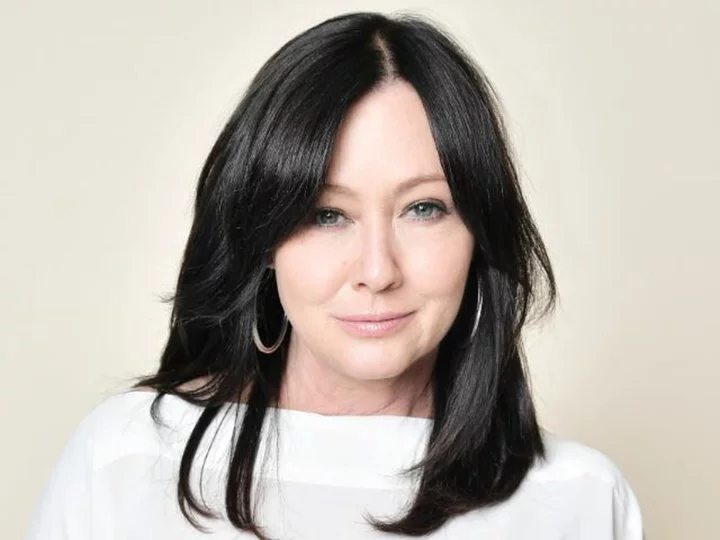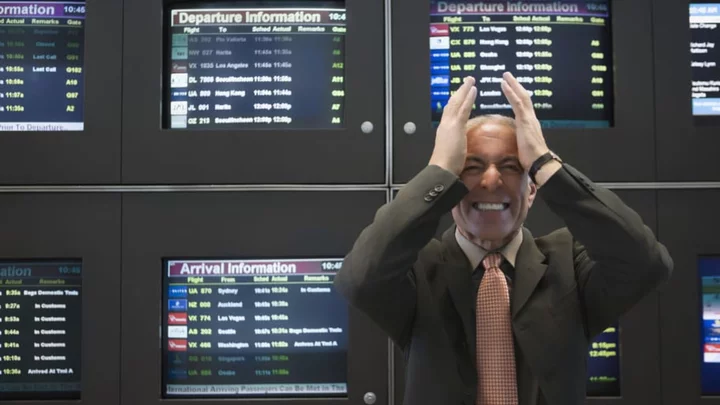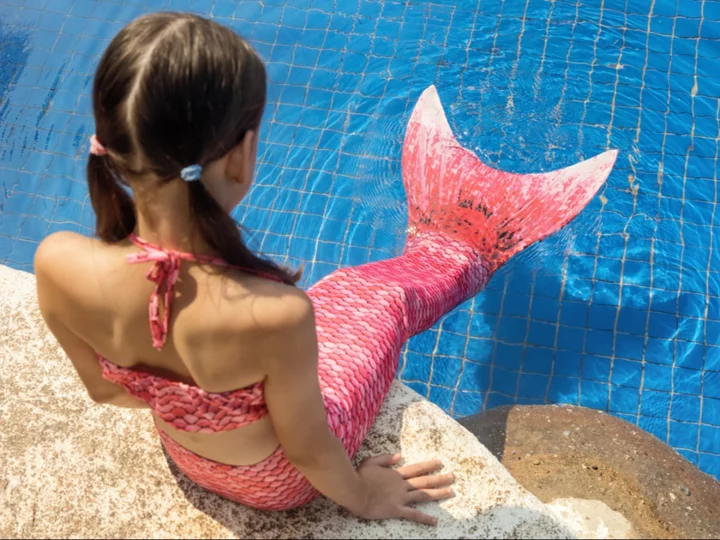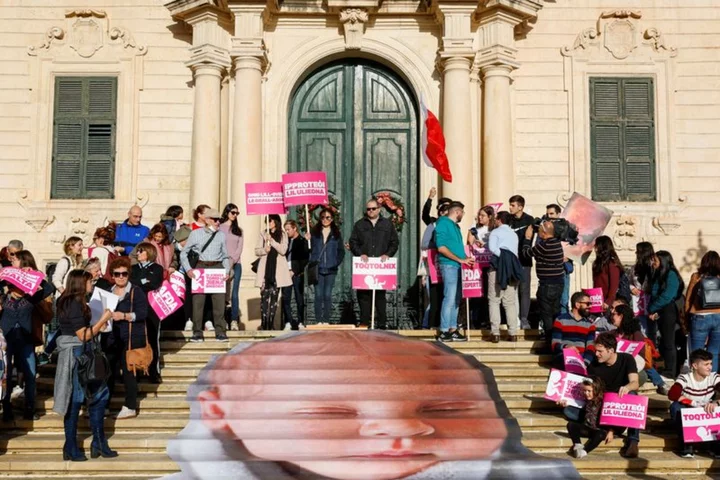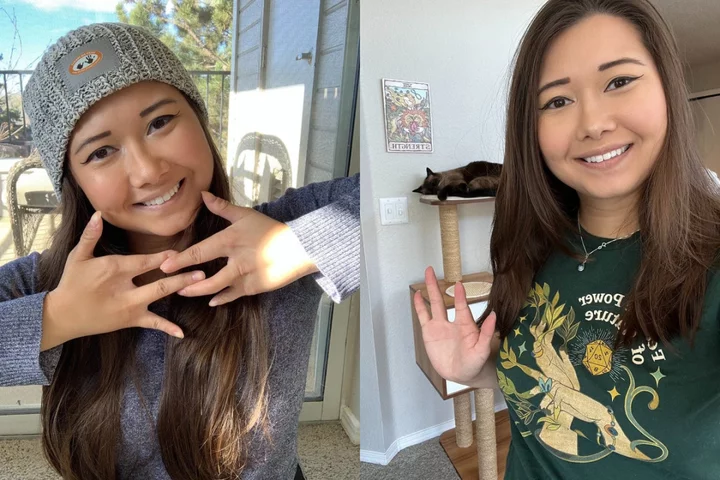By Jennifer Rigby
LONDON (Reuters) -Obesity drugs will not be included in the World Health Organization's (WHO) latest essential medicines list, but treatments for diseases including Ebola and multiple sclerosis will, according to documents published by the U.N. agency.
The WHO's essential medicines list is a catalogue of the drugs that should be available in all functioning health systems.
A group of U.S. academics had proposed including obesity drugs on the list for the first time earlier this year, focused particularly on the active ingredient liraglutide in Novo Nordisk's obesity drug Saxenda.
But a WHO expert panel on Wednesday recommended against adding the drugs for weight loss, citing the "uncertain long-term clinical benefit and safety in this patient population".
The decision is part of a wider update of the list following an expert meeting in Geneva in April. The document is designed to guide government purchasing decisions in low and middle-income countries.
Experts did back adding other new treatments. For example, a trio of drugs that can individually be used to treat multiple sclerosis were added for the first time, including the generic and biosimilar versions where available.
The three drugs are cladribine, branded Mavenclad by EMD Serono and Merck KGaA; glatiramer acetate, branded Copaxone and sold by Teva Pharmaceuticals; and rituximab, branded as Rituxan/Mabthera and usually sold by Roche.
The panel said their inclusion would "address an important public health need and support global advocacy efforts to reduce the global burden of multiple sclerosis".
Inclusion on the list can have great significance for access: for example, experts say adding HIV drugs in 2002 helped make them much more widely available to AIDS patients in poorer countries.
"Rising prices and supply chain disruptions mean that all countries now face increasing problems in ensuring consistent and equitable access to many quality-assured essential medicines," said Dr Tedros Adhanom Ghebreyesus, WHO-Director General, in a statement.
"WHO is committed to supporting all countries to overcome these obstacles to increase access with equity."
Two monoclonal antibody treatments for Ebola Zaire were also added to the list: anzuvimab, made by Ridgeback Biotherapeutics with the brand name Ebanga; and Regeneron Pharmaceuticals' Inmazeb, made up of atoltivimab, maftivimab and odesivimab combined.
Naltrexone and acamprosate, both available as generics and designed to treat alcohol-use disorder, were also added, as well as ready-to-use therapeutic food (RUTF) to treat severe malnutrition in children under the age of five.
In total, 36 items were added to the lists for adults and children, bringing them up to 502 medicines for adults and 361 for children.
For COVID-19, the WHO experts suggested adding a section on therapeutics pointing to the U.N. agency's regularly updated COVID treatment guidelines, rather than including individual medicines, given the fast-changing epidemic and the fact that the essential list is only updated every two years.
Sunscreen for the prevention of skin cancer, particularly for people with albinism, was rejected by the experts. They acknowledged the importance of the product for everyone, but said more research was needed before it would be suitable for the list.
The new versions of the list - the 23rd for adults and 9th for children - will be published in full later this year.
(Reporting by Jennifer RigbyEditing by Mark Potter and Emma Rumney)



